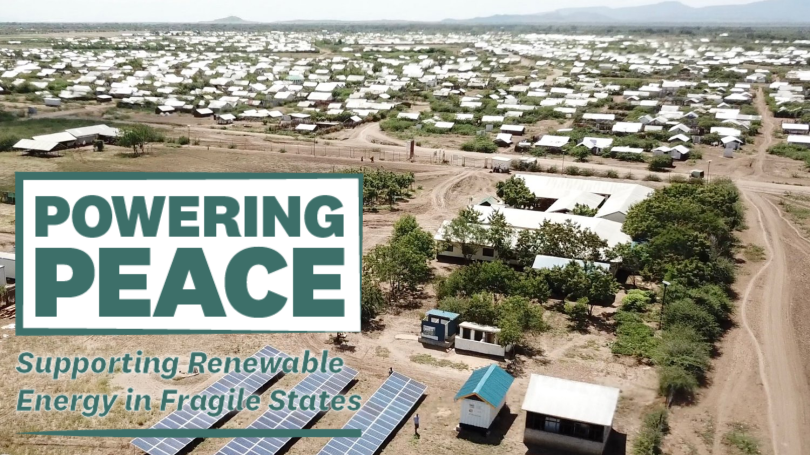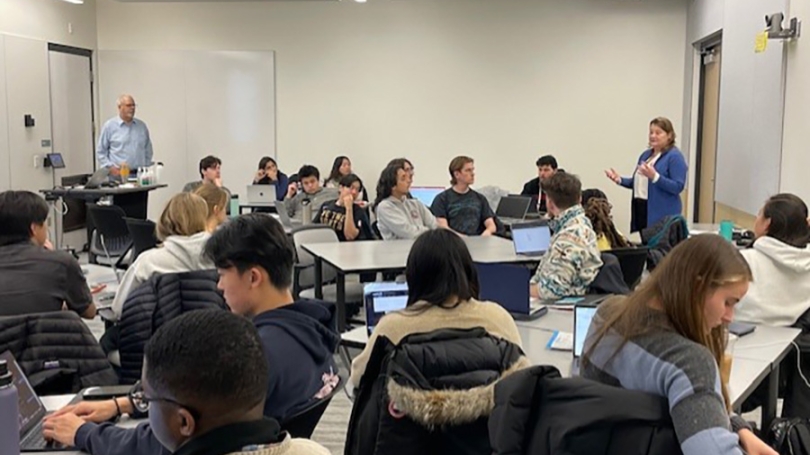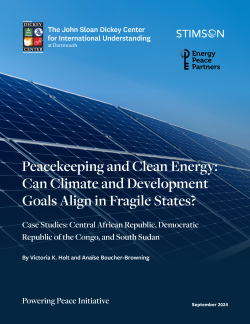Authored by Victoria K. Holt, Director of the Dickey Center, and her research assistant, Anaïse Boucher-Browning, the report examines how UN peacekeeping operations can transition to renewable energy sources while supporting broader climate and development goals in conflict-affected countries.
Focusing on the Central African Republic, Democratic Republic of Congo, and South Sudan, the report presents a groundbreaking approach to aligning peacekeeping with clean energy initiatives. Making that transition could significantly reduce reliance on diesel fuel in UN missions, enhance security, and contribute to the long-term stability and development of these fragile states.
"Renewable energy isn't just about meeting climate goals—it's a pathway to peace," said Victoria Holt. "Our research highlights the potential for UN peacekeeping missions to act as a catalyst for clean energy development, leaving behind a sustainable energy infrastructure that can benefit host nations long after the missions have ended."
Key findings include:
- Current Renewable Energy Use: Only 7% of energy used in UN peacekeeping missions comes from renewable sources, far from the UN's goal of 40% by 2025 and 80% by 2030.
- Peace and Sustainability: Renewable energy can strengthen mission security, reduce operational costs, and contribute to sustainable development in host countries, aligning with UN Sustainable Development Goals (SDGs).
- Leveraging UN Missions' Purchasing Power: The report underscores the opportunity for UN missions to act as anchor clients for renewable energy projects, sparking wider adoption and infrastructure development in these regions.
The report offers a practical framework for linking climate and peacebuilding efforts in regions where access to energy is scarce, and the impacts of climate change are severe.
This report was undertaken as part of the Powering Peace initiative, a multi-partner collaboration between the Dickey Center, the Stimson Center, and Energy Peace Partners, aimed at introducing renewable energy solutions to UN field missions. The initiative's goal is to integrate clean energy into peace operations, addressing the intersection of energy poverty, conflict risk, and climate vulnerability.
The release of this report reinforces the Dickey Center's commitment to addressing some of the world's most pressing challenges through interdisciplinary research and collaboration. As part of Dartmouth's ongoing efforts to engage students, faculty, and global experts in these issues, the Powering Peace initiative continues to drive innovative solutions at the nexus of climate and security.
Download the full report here.


